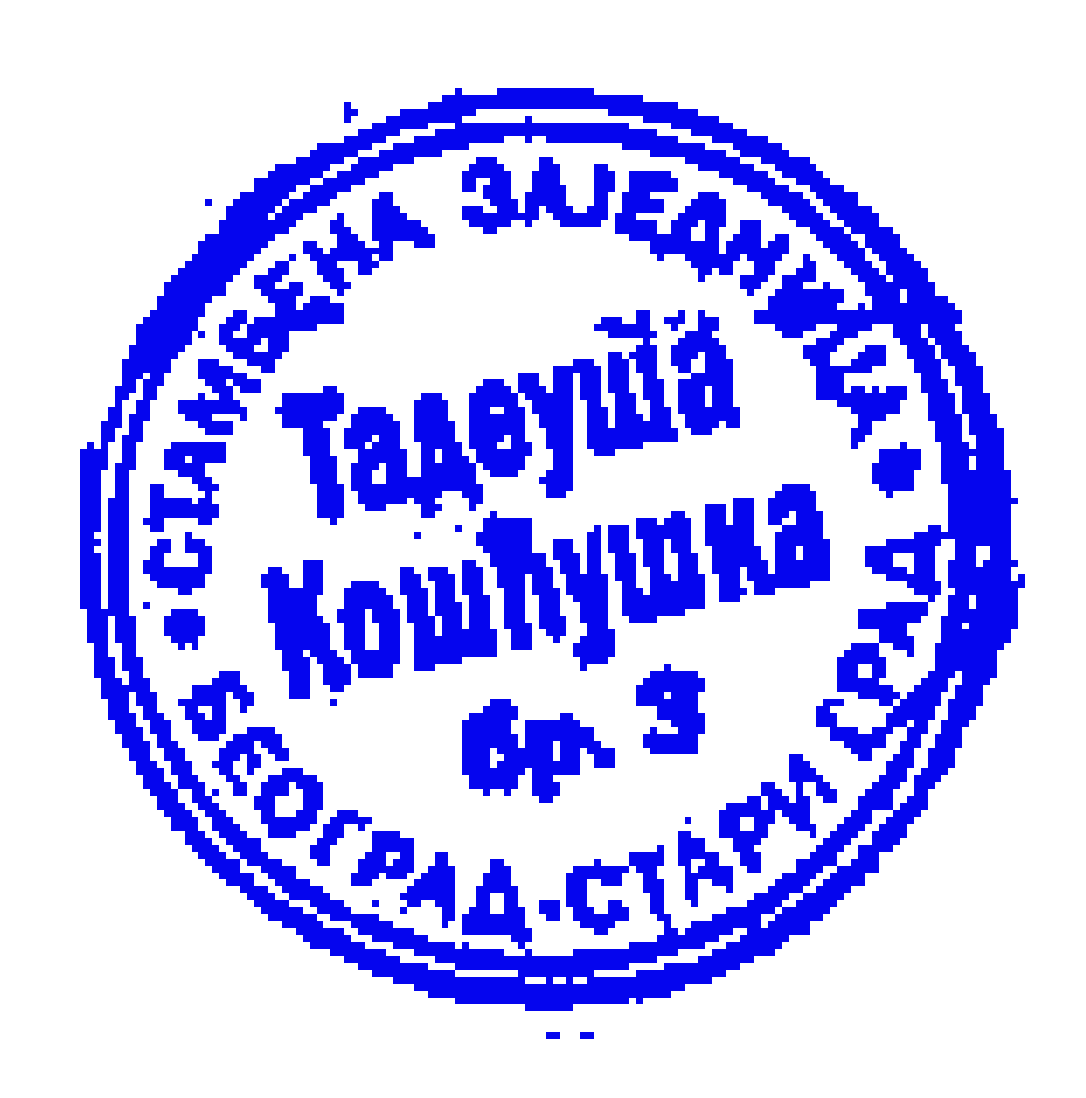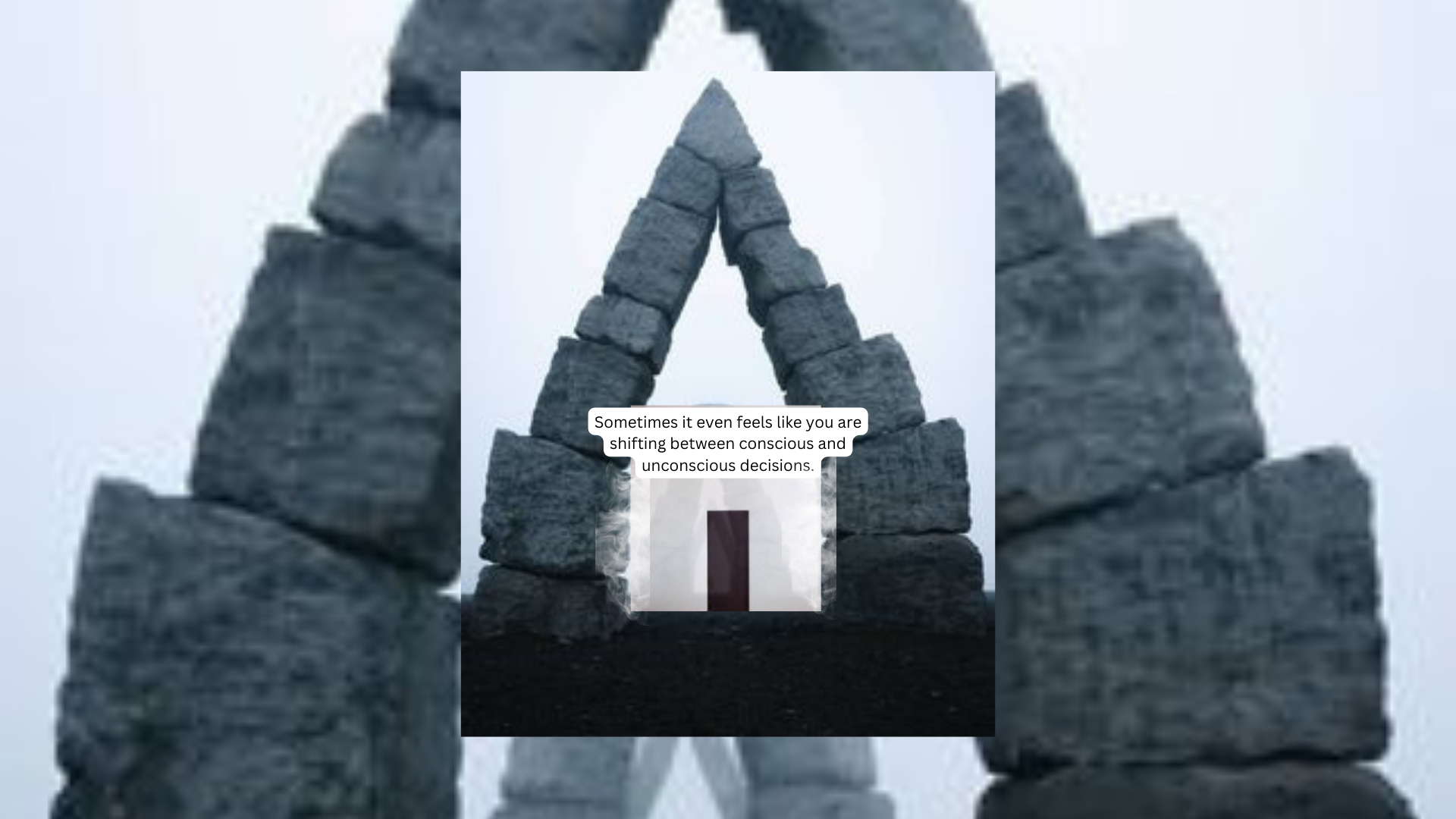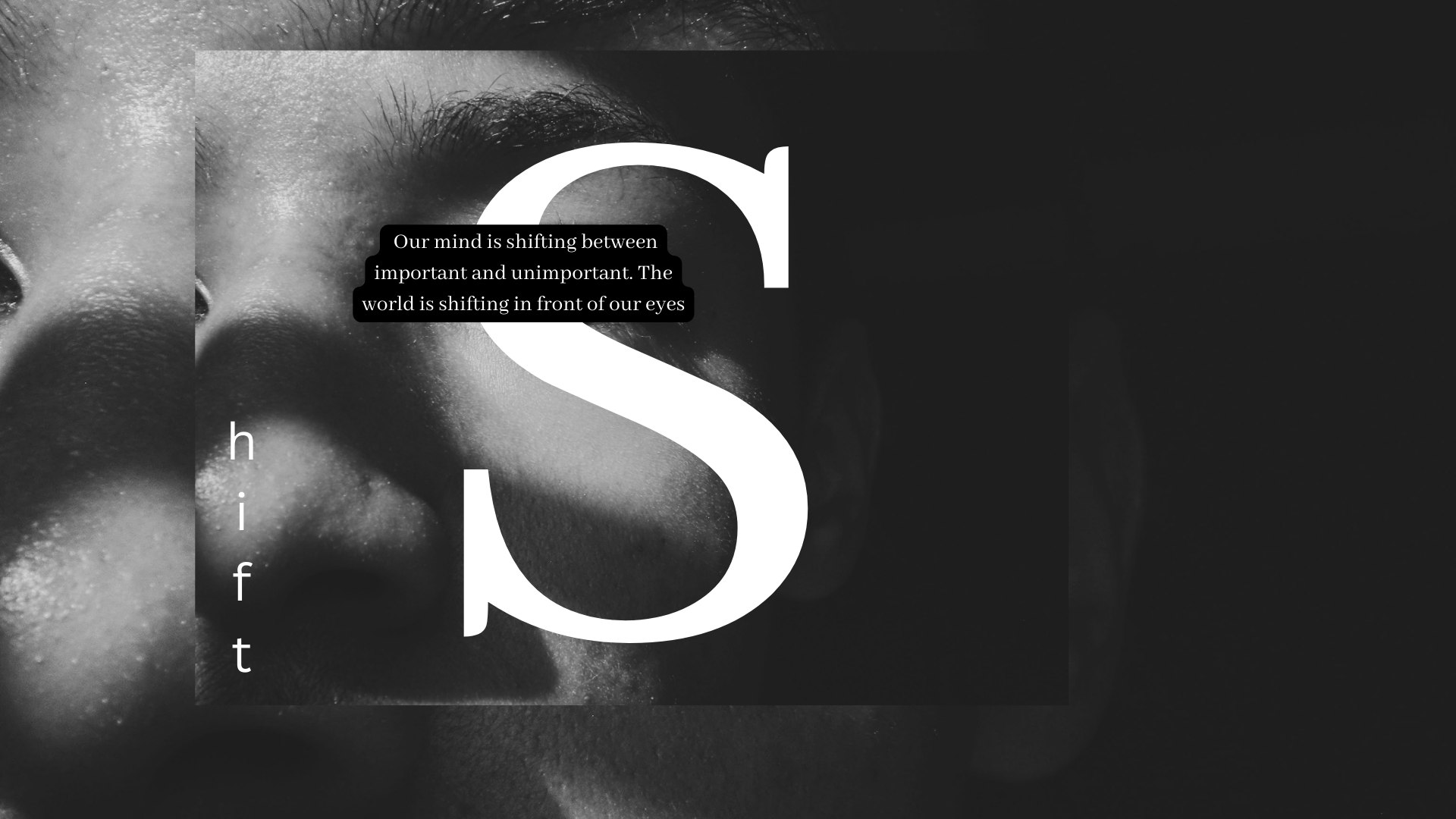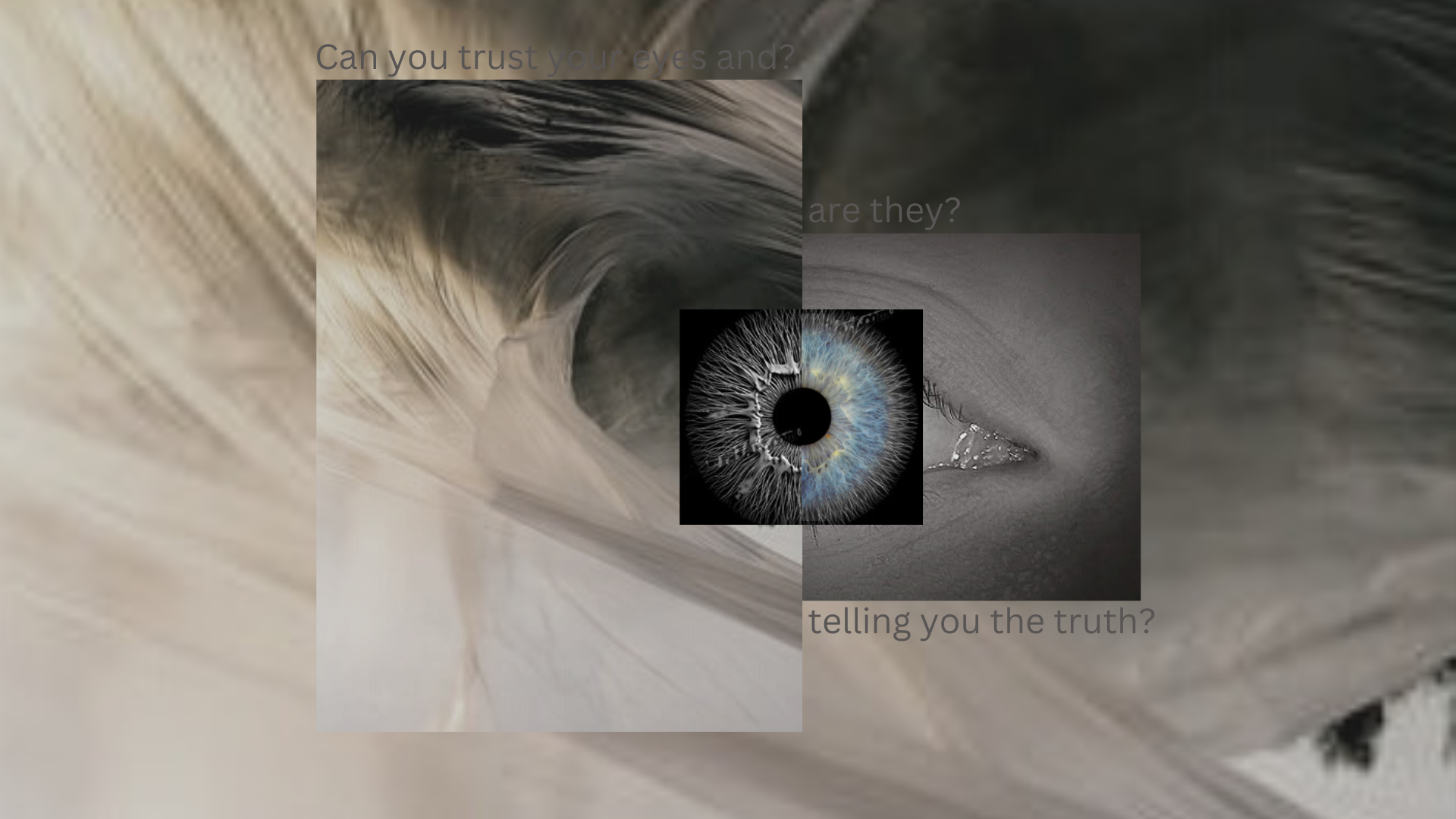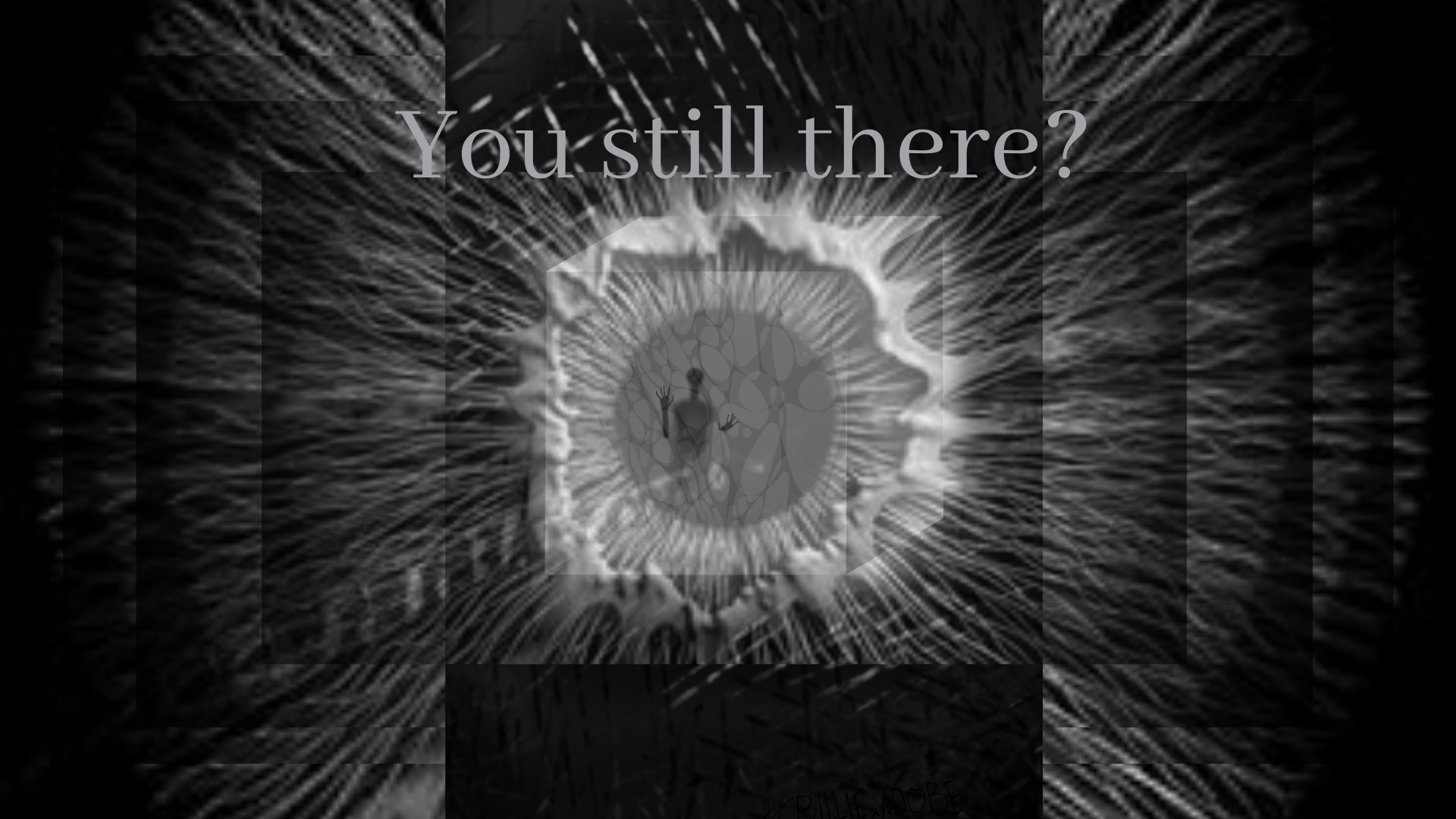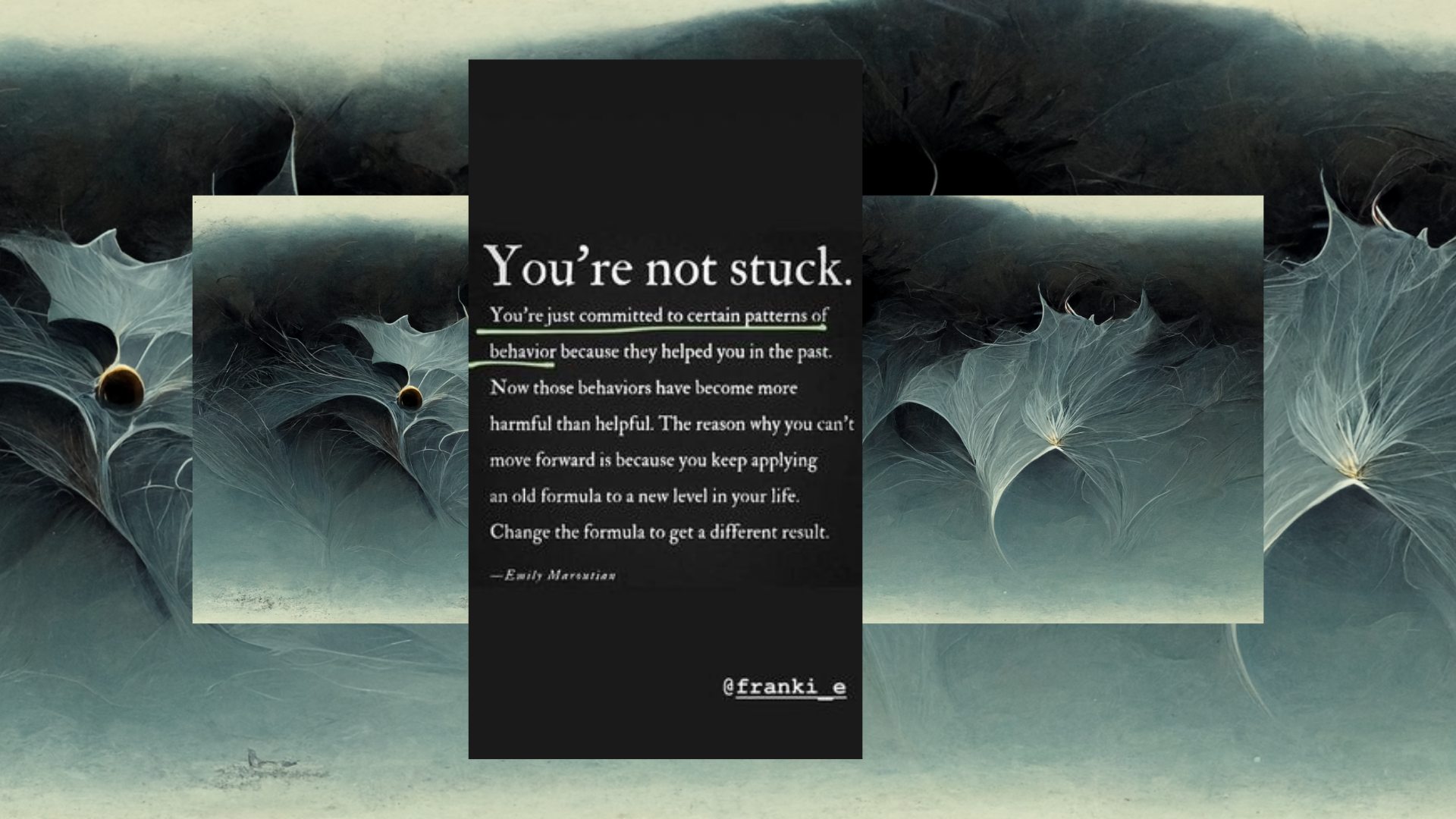Rita Davis
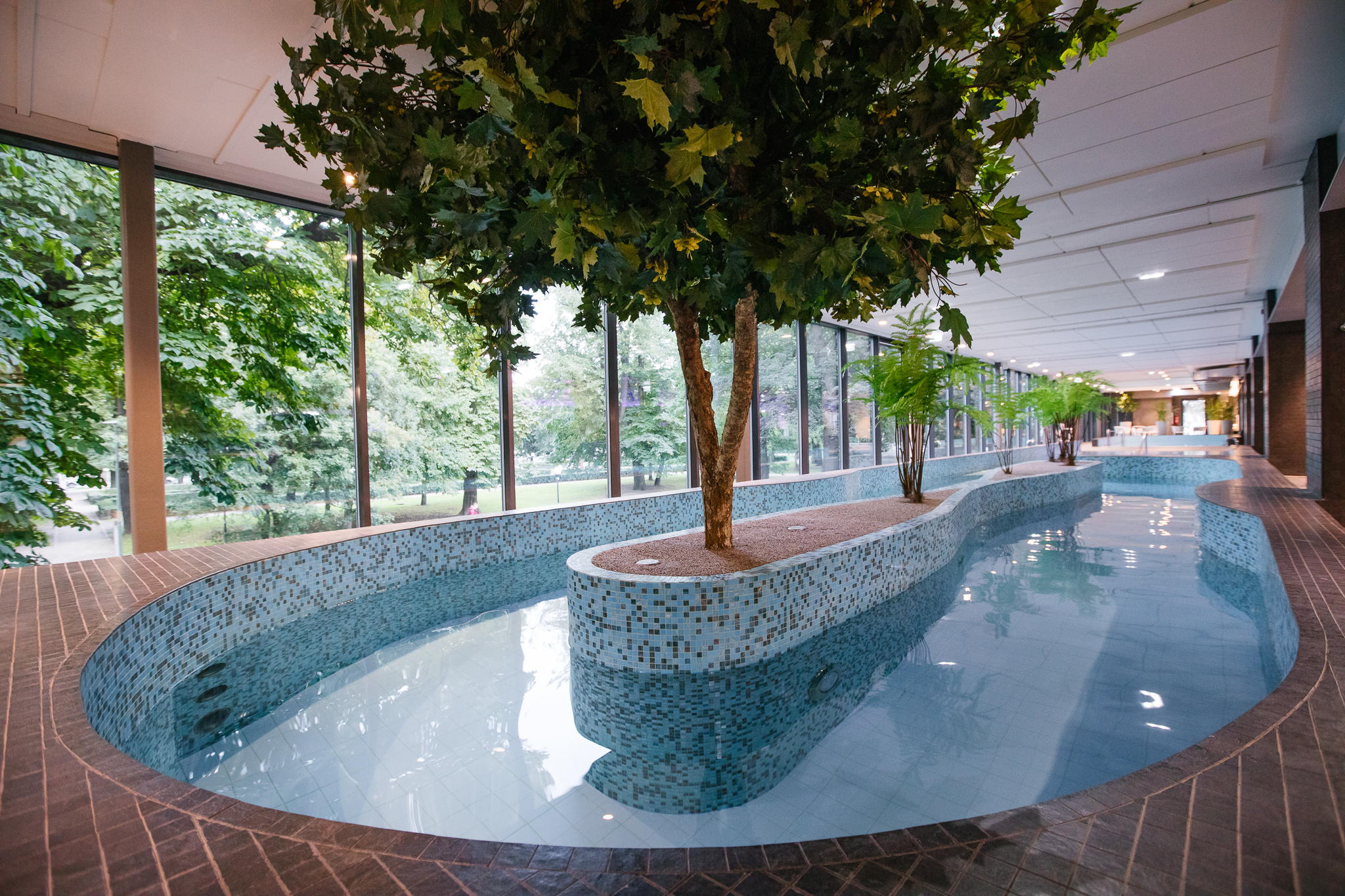
The moment I decided to float in the hottest pool in Kalevspa (in Tallinn, Estonia), a deathly BANG caused a tremor in my ears. For a couple of seconds I was sure that a bomb had crashed into the roof and my death was imminent. Completely alone and without translation. Indecipherable. I wonder how the news would reach other people’s ears: “She died in the pool, but she didn’t drown.” Right after I came back to the surface, the old man swimming next to me smiled, satisfied, with the pool’s whirlpool running at high intensity.
I keep thinking about death without translation. What would it be like to die in Estonian? In Estonian, surma means that someone has passed away. If you hide the r, it becomes suma, which in Portuguese means to disappear. I disappear before I even exist. The bomb didn’t fall on my head and I still stand as flesh and bone, wet, but despite this fact, I don’t really exist here. I look at the baby swimming next to me and we dive in sync. He looks at people like me, curious, trying to connect the sounds to the gestures like a puzzle. Since we cannot trust our ears, we hear the voices as if it was a symphony.
The baby and I exist as two bodies that occupy the space in silence. Staggering floating bodies. He’s the one who understands me the most in this pool. We dive in sync once more. Underwater I remember that sometimes I pretend to exist in Estonian. A week ago, in a taxi, I made use of my social tricks — which include complex head movements, a subtle sequence of exercises with my eyebrow and many onomatopoeias. All this added to the four words from my Estonian repertoire: tere, aitäh, jah and ei. For 12 minutes I was someone else in a language that is not mine. But as soon as I got out of the car I died again. This time my death is not as loud as a BANG, but rather quiet and slow.
I return to the surface. The baby is being carried away in his mother’s arms. We look at each other one last time — we remain silent. My cells are dissolving in the water like a small bag of tea and the water is either too hot or too cold, I can’t distinguish. If the bomb drops now, we will die as accomplices, accepting the silence that is also part of the symphony.
Oliver Long
“Dad, are we there yet?”
“We are, fiiinallly.”
*Car doors slam in quick scattering succession*
“Hmmm, wow. It’s sooooo… it’s soooo chic.”
“I should hope so! It cost a fortune to upkeep.”
“HA! I had to put in fucking shift to sell this old hunk of junk house,” he mumbles to himself. The pages start to float under his eyes. A postcard flies out and stabs him straight in the eye.
“OFFFFFFTTT! Bastard!”
Frozen still, Gary is petrified. Completely solid like the structure around him. The duo with grim, wet drooling mouths and a harsh wrinkled gaze, stare deep into him. A moment feels like an eternity. His eye stings, twitching between, a half-state, a sharpness.
“Gaaaaaary, watch youuuuuuurr rheeeeetoric.” The ghouls moan, in their middle class English accents. They step back out of sight into their own silhouettes leaving a trail of drool in their wake. Their figures bold and brutish linger before dispersion.
“Was that a dream?”
[To be continued…]
Mark Foss
$ vaguely remembers what the building looked like after passing by on a walk to _ _ with ^ some time ago, when ^ mentioned that they were in the area recently to see %.
% was who $ was now on their way to see. And this conversation with ^ might have been what made $ think of % as someone who would be good to interview for their project on +.
$ was under the impression that they were on the right side of the right street.
The street looked vaguely like #, but $ was unsure of how far or in what direction it went, or how that matched their memory of the place.
After all, they were some distance from !.
There was a stiffness to the houses that was unfamiliar. It wasn’t that the houses were cold, there was something homely to them.
If anything, it was that it seemed too much like a perfect picture of a home that made it feel out of place for $ and $ started to realize that was what had caught them off guard.
Trying to position themselves, $ looks for the numbers to see which way is up or down, realizing that they can’t rely on their memory any more from their passing conversation with ^ and, after walking for some time, that all of the buildings don’t look so different from each other despite $ remembering how distinct the buildings seemed to be before.
Each of the houses had their own color choices. The trimming around the windows, that was a different material from the facade, painted in a combination considered to the color of the trimming or for what was next to it.
The amount of space between their lawn and the sidewalk showed $ how much they might want to bring their neighbors in or over to get to know each other, or to keep those passing by at various levels of separation, a way to see how much distance to maintain.
Each decision seemed to show the character of the person or people living there. Whereas in ! everything was so familiar that it all looked the same to $.
After finally figuring out the number system
(the numbers of the buildings were going up, while the street was slanting down),
$ unlocked some kind of logic:
|
|
“Right, that makes sense. Up means down, and down means left, and right means up, so then left must mean right, somewhere right around here.” | |
$ had been aware of % before becoming aware of their involvement in +, but through @.
It was only recently, on this walk to _ _ with ^, when they realized that % had worked on both + and @. A surprising overlap to $, but one that followed the logic of where they were; it seemed to make sense to $. They didn’t doubt it and realized also that they were on the odd side of the street and needed to get even.
Waiting to cross the street to get to the other side, and letting the ~s pass by, $ pulled out the list of questions they’d written down to direct the conversation.
$ had been thinking about =. That was what made $ so surprised that % had been a part of both + and @. Their thinking seemed to be similar; they were drawn towards similar things that could seem so separate and far away from each other, + and @. That was surprising to $ and almost proved the point on its own.
Reading through the questions that $ thought could touch on +’s influence on @, $ noticed that they had written down a question that might have been meant more for ^.
They scribbled it out quickly before taking a photo of the list in case they could later recall why they had mixed the two up, or if it was still somehow relevant.
$’s phone was at 15 percent but still died slowly somehow, so they weren’t worried about recording. Knowing themselves and that this could happen, they had thought to bring a tape-recorder just in case. In their consideration of how this interview might happen, $ hoped they had remembered to bring the tape recorder with them in the rush to get to %’s place to record the interview. $ wasn’t worried about that, but was worried about figuring out if % would follow how they understood = , and how = relates to both + and -.
$ thought about -. The stakes felt high. The tension made them pull out the notes that they had just stuffed back into their pocket. They unwrapped the wrinkled note.
They were trying to get at how - could be why _+- happens. The example of how these things added up and the logic of where they were made them laugh.
$ thought about how the reasoning of where $ was related to what they were familiar with ! would mean.
| “&*&(& to someone in ) @#($ . ! ” | ||
It was good for $ to laugh at themselves.
$ pushed the buzzer, remembering that they had previously reversed the numbers in their head and switched the building with the apartment number.
Expecting to hear % inviting them in, they instead heard not a voice but air passing through the speakers.
$ heard the lock on the door unclick.
As they stepped in the building the lights turned themselves on.
% looked down the hallway, searching for the numbers on the door, half knowing that 28 would be on the 2nd floor.
The two’s were a give-a-away, but you never know.
At the top of the steps was a series of doors.
$ noticed that one of them was cracked open, 28.
They wondered if they should knock first before walking in or open slightly more and suggest a “hello?”
Before $ could decide, the door swung open further,
(into the hallway, not the apartment, almost hitting $ in the head)
% must have been able to hear their footsteps up the stairway.
% greeted $ with a nod but quickly warmed up by offering some (*&’ or {}’ to $.
% wondered where it would be better to sit for the interview, at the small kitchen table in the center of the room or on the couch near the sliding door that led to the narrow balcony overlooking the courtyard.
% made the decision for $, set a ___ down on the table on the chair facing the window. $ wondered if the tape-recorder would put too much pressure on the conversation rather than letting it happen naturally — but maybe a more formal gesture would be good, to make it clear that $ thought that the conversation would be worthwhile.
Before $ could ask if it would be ok to record, % jumped into it immediately, talking about = before either of them could sit down.
| “+ can always bring in pieces of @! That can complicate or at least make it seem to complicate trying to understand + if + actually has anything to do with @. That’s why when talking about + people get lost in how @ works before they can ever think about what + actually is… ” | ||
| “They are two separate things but + is affected by @, but that isn’t at the surface actually, maybe the other way around. @ can go on being and doing @ things without ever having considered or made contact with +, or at least as far as we can tell, but by + being around @ might start…” | ||
| “Yes, sure, of course... But this doesn’t make + and @ the same”” | ||
| “Wait here, there’s something that I found in the mail the other day that can maybe show this better than I can say it.” | ||
Instead of deciding to ask whether or not % would be ok with recording the conversation, $ reached into their pocket and grabbed the recorder, pushing the record button before placing it on the table, after briefly considering leaving it in the bag but deciding against it and placing it in the open.
( % Walked back in the room without noticing the tape recorder now on the table and setting a () down near it. )
| “I’ve heard of this, but never seen one! Isn’t this a ((#?” | ||
| “Yes, exactly! I thought you might recognize it. You can see here the #^.” | ||
| “The pattern is almost identical to what you would find in ^&. I was waiting for the bus a few months ago when I noticed something similar on the bench..” | ||
| “Next to the telephone at my mothers apartment, I was about to make a call, but while I was reaching for the phone a )(_ started crawling across the table. On its back, I could see a @!)#(, something I wondered if the )(_ had accidentally picked up along the way, or if it was intentionally carrying it.” | ||
| “I was just about to pick it up but then the bus came. I don’t think I saw the connection between #^ and ^& when I first glanced at it, I only wondered what it was, but quickly had to hop on the bus to get where I was going. But once I sat down I was trying to figure out what I had just seen.” | ||
| “Seeing the @!)#( was a similar thing for me, I glanced at it, then picked up the receiver, carefully watching that the chord wouldn’t wipe the )(_ off the table and on to the floor or onto its side, leaving the @!#( on its own, and went along with making my call, ringing in the numbers and anticipating #*() to pick up on the other side of the line.” | ||
| “Oh wait, and that’s another funny thing. When ^ did finally pick up, they used this phrase… It stuck with me for a while but wait what was it, it was something along the lines of…” | ||
| “When I sat down there was a @#$0 and a @#4 sitting next to each other, and the child, staring out the window as the doors had just closed, the child staring out the window.” | ||
Getting distracted in the details, $ started to wonder if the conversation was getting further from the script stuffed in their pocket, now crumpled and hardly legible.
$ wondered if the more formal prepared questions might do the opposite of creating a sense of formality at this point if they unfolded the list they’d written.
Despite the paper being crumpled, they opened it up in their hand and thought to guide the conversation back to where they initially intended it to go.
It would be rude to interrupt so abruptly, so $ figured they’d entertain where the conversation was wandering to a little bit longer.
| “Yeah?” | ||
| “They asked @#$0 if they had their @!)#( with them, expecting @#$0 to keep track of not only @!)# themselves, but also all the little things they carried with them to entertain themselves with for ^&^&^ only knows why.” | ||
| “In ! the reason why might be that @!)#( wouldn’t exist without @#$0” | ||
(Caught up again in their own experiences and thoughts, the conversation drifts a little bit further.)
But %, who had started to notice how $ was finding a way to redirect and pull-out the A - sides, and uncertain of whether to let the conversation continue on as it was going or to regain some sense of direction, remembers “+” again:
| “But, wait, so when did you first come across +?” | ||
Repositioning themselves with the directness of $’s response, % readjusts themselves in their seat — the one they’d picked for themselves and by default chosen the other option for $ — stirring slightly until finding themselves and their thoughts comfortable.
(...)
Carlo Canún
Mommy reader,
I’ve been thinking of going somewhere for this time of grief, but I am still trying to find a perfect vacuum. The heaviness of things and stuff has become unbearable. I kind of want to go somewhere with no humans involved and just try and enjoy the art of noises. The news going public has made my head feel like the tiger’s mind, do you know that saying? It reminds me of that time when the library was stolen and made the place feel like a phantom home. I remember the night of the incident: the moment when I put my foot in and realised what had happened felt like my black death. Every moment and every memory created started to feel like fictions. Somehow nothing fit there, the logic of disorder wasn’t present anymore, it all just felt like a Frankenstein. Of course I don’t want to, by any means, compare what’s going on now with just a good book, but you know how attached I am to my possessions (maybe that comes from my profession of making books). But anyway, I am recalling that time of being in crises together when I completely felt like the loser and was just hoping to be understood. Maybe this letter is a call for empathy; maybe I want to let you know how I’m feeling as a way to know how to spell the fight; or maybe I’m just wondering how to disappear…
I have been reflecting on the meaning of losing someone. It is always unexpected how some deaths affect you. A dear friend once told me a story related to rare birds economics. It is about this specific species called Bluets (they are called that because they have every single colour on their feathers, except for blue). They are known for spending most of their life looking for the perfect partner. When they are fledglings, they start carefully working on a self-organised and crucial project: Collecting what would, after two or three years, become a bag full of seeds. They will be distributed throughout their lives as small offerings for their potential lovers. It becomes a collector’s item. After more or less 30 years, which is almost a lifetime for Bluets, they normally find their partner, and deliver the rest of the seeds to them as a metaphor for offering them the rest of their lives. When the first of the pair passes away, the other uses its beak as the knife to plant a seed in their corpse and sings a song that lasts exactly 4'33", in memory of memory.
Definitely L has left a seed in me, but I confess, I’m waiting for the perfect moment to sing my song as a way of turning the page.
With much love,
A
Scott Ponik
Yale Union
2015
Alejandro Bellón Ample, Louise Borinski, Aleksandrs Breže, Paula Buškevica, Björn Giesecke, Otso Peräsaari, Diandra Rebase, Katarina Sarap
EKA GD MA
2022
Stanislaw Lem
Northwestern University Press
1999
Lieven Lahaye
2021
Sylvia Wynter
Publication Studio Hudson
2015
Luigi Russolo
Ricochet
2019
Boris Groys
Sternberg Press
2010
Beatrice Gibson, Will Holder
Sternberg Press
2012
Kenan Darwich, Omar Nicolas and Sami Rustom
Ferras Publishing Practices
Ahlam Shibli
Hatje Cantz
2013
Arhur Jafa
Publication Studio Hudson
2015
Jorge Luis Borges
Penguin
2000
Robin Adèle Greeley
Harvard
2016
Mary Shelley
Penguin
2003
John Körmeling, texts by Sussanne Helmer
John Körmeling, Van Abbemuseum, Plug In Editions & The Power Plant
2002
Oscar Tuazon
Paraguay Press
2015
Feminist Health Care Research Group
2020
Thomas Bernhard
Alfred A. Knopf
1983
Natasha Sadr Haghighian
Kayfa ta, Sternberg Press
2018
Haytham El-Wardany
Kayfa ta, Sternberg Press
2018
Inka Meißner
Spector Books
2012
Jack Self
Dear Friend
2022
James Langdon
Maggie Nelson
Wave Books
2019
Stine Hebert & Anne Szefer Karlsen
Open Editions
2013
Louise Borinski
EKA GD MA
2022
David Blamey & Brad Haylock
Open Editions
2013
2020
Charlotte York
Dent-de-Leone
2020
Dieter Daniels, Inke Arns
Spector Books
2018
Maria Stepanova
Fitzcarraldo Editions
2021
Morya Davey
Dancing Foxes
2020
Kasper Andreasen
Motto Books
2017
P𝛼𝔱𝚛ick Zᴀʋa𝔡skis
H𝖊l𝒍O̦ 𝚖y ƞᴀ𝗆e is Mᴀ𝔱ɦɛ𝗆ᴀ𝔱icᴀl B𝚘l𝔡 Cᴀpi𝔱ᴀl 𝐀̦ b𝓊𝔱 I’𝗆 ᴀls𝚘 kƞ𝚘ɰƞ ᴀs U+1D400. I’ʋɛ bɛ𝖊ƞ ᴀ𝚛𝚘𝓊ƞ𝔡 siƞcɛ 2001 ̦ I ɰᴀs b𝚛𝚘𝓊ɢɦ𝔱 iƞ𝔱𝚘 Uƞic𝚘𝔡e iƞ ʋɛ𝚛si𝚘ƞ 3.1. Y𝚘𝓊 𝗆iɢɦ𝔱 𝔱ɦiƞk 𝔱ɦᴀ𝔱 I l𝚘𝚘k like ᴀ 𝚛ɛɢ𝓊lᴀ𝚛 ɛʋɛ𝚛y 𝔡ᴀy B𝚘l𝔡 ᵗᵢₘₑₛ ⁿₑ𝓌 ᵩₒₘₐⁿ 𝓊ppɛ𝚛cᴀsɛ 𝐀 ̦ ɰhicɦ I 𝔡𝚘̦ b𝓊𝔱 pɛ𝚘plɛ 𝚘𝔣𝔱ɛƞ 𝔡𝚘ƞ’𝔱 kƞ𝚘ɰ I’𝗆 𝗆𝚘𝚛ɛ 𝓊ƞiq𝓊ɛ 𝔱ɦᴀƞ 𝔱ɦᴀ𝔱. Uƞic𝚘𝔡ɛ sy𝗆b𝚘ls a𝚛ɛ sɛpᴀ𝚛ᴀ𝔱ɛ𝔡 iƞ𝔱𝚘 bl𝚘cks 𝚘𝚛 𝔣ᴀ𝗆¡ɭiɛș ᴀƞ𝔡 𝗆y 𝔣ᴀ𝗆¡ɭy is Mᴀ𝔱ɦɛ𝗆ᴀ𝔱icᴀl 𝐀lpɦᴀƞ𝓊𝗆ɛ𝚛ic ⟆y𝗆b𝚘ls.
Tex Tehan
Michael Fowler
Alex Margetic
Epp Vislapuu
What if it is just a dream that you are having right now and actually you are not even here, reading this text, but your unconscious mind is doing the job, and later you will only remember parts of this. It is somehow also a filter that we all have when we make decisions, even when we don't acknowledge it. Our mind shifts between what is important and unimportant. The world is shifting in front of our eyes, but still there are some hidden elements that we don’t see or we just ignore them.
I want you to dig deep and think about whether your life is shifting in space and how you could discover what it is that you have been hiding from yourself.
Can you trust your eyes and are they telling you the truth? Close your eyes and watch again and again. Do you see it now?
Watch it again then.
And again.
[2022.11.12]
Was a stressful day today. There was a bit of a crisis at work, and I had to stay late to help sort it out. I’m glad it’s over, but I’m feeling pretty drained. Working with others in a team can be challenging, and today was no exception. We all had to pull together to get through it, but I think I did a good job.
The walk I had in the evening was really nice, though. It was calming and helped clear my head. I’m flying a bit better now. The air was clear and the stars were out. It was a good reminder that there are still beautiful things in the world, even on tough days. I walked almost two hours towards the lake. Even at night, I could see the silhouette of the mountains in the distance. They looked so peaceful. Dark, yet serene. I felt grateful for the moment.
The shoes I was wearing were really comfortable, too. That made a big difference. I’m going to have to remember to wear them more often. Often I just take whatever shoes and don’t think too much about it, but it really does make a difference when they’re comfortable. How I take care of myself matters.
[2022.11.13]
Finally the delivery guy rang my bell!!! I have been waiting for the delivery for almost a month already. The man brought the package up with the elevator to my floor. A big box, heavy. I was so happy, I cried with joy. I opened it right away and was so pleased with the product.
This laundry rack, all the way from China, is the best I have ever bought. I am so pleased. It is designed to save space by hanging the laundry on it instead of using a laundry basket. It is also very sturdy and can be used for a long time. Only thing is I had to assemble it with the provided screws and Allen wrench. It was not difficult but took some time. After I finished assembly, I hung my laundry on it and it looked great! I am so happy with this purchase. It has wheels to drag easily, and I could even hang gigantic comforters on it.
My small apartment looks so much bigger now and I don’t have to worry about the laundry basket taking up space anymore.
[2022.11.14]
Walking on the street to the bus stop, there were two girls waving at me. I didn’t recognize both, but they were smiling and so I smiled and waved back. This had happened before once in Kalamaja. I was out for a walk and saw a group of teenagers sitting on a bench and they started waving at me. I didn’t know any of them, but I waved back anyway. It was a nice moment.
I wonder if they confused me with someone else that they know because I am a rare asian girl in this city. Or could it be that they were just being friendly? I would like to think it’s the latter. It’s always nice to be greeted with a smile and a wave, regardless of whether you know the person or not. It makes you feel like you’re part of a community and that you belong.
Bus came and I hopped on. I was lucky to have a seat since it was pretty packed. I sat down and put my headphones on, zoning out for the rest of the ride. I was listening to K-pop and singing along quietly to myself. What I hear and what I see outside the window are two different things. I am in my own little world, but I am also aware of my surroundings. I see the people around me and I wonder about their stories. I get off at my stop and head to my apartment. As I walk, I notice a cat perched atop a fence, surveying the street. I stop to say hello and the cat meows back at me. I scratch its head and it purrs in appreciation.
I continue on my way. Thinking about how nice it is to have little moments like this in my day; they make me feel happy and connected to the world around me.
[2022.11.15]
Headache. Pills didn’t work at all. I don’t even want to get out of bed.
“I’m sorry to hear that you’re feeling so poorly. Maybe some reset and relaxation will help you to feel better.” Everybody has told me that they are sorry. Sorry for what? Sorry for me feeling like this? Sorry for not being able to do anything about it? What good does being sorry do? It doesn’t make me feel any better.
Maybe I am just feeling sorry for myself. I know that I shouldn’t, but I can’t help it. I feel like I am never going to feel better. Where is this headache coming from? There is no one definitive answer to this question.
I feel like a cotton ball stacked in water, wet and heavy.
[2022.11.16]
“Something is falling from the sky,” my boyfriend said, when I was answering to worried messages from a friend in South Korea in regards to the missed missile that killed two people in Poland. I looked out of the window—it was the first snow of the year in Tallinn.
It is snowing. It is quiet and beautiful. I could not imagine a better way to start the winter. After a year in Tallinn, now I finally start to understand why people love this city so much.
A kid in a pink jumper is making a snowman, while her mother is taking a photo of her. A dog is playing with a ball in the snow. Everything is so calm and serene.
I am happy that I am here, in Tallinn, at this moment. I write back to the friend with a picture of what I see and say “It is just snowing, don’t worry.”
I make a cup of tea and sit by the window, watching the snow falling and the people walking by. It is a beautiful day. This cup of tea tastes like happiness. It is already dark outside. It seems like the sun gets tired earlier in the winter. I lit a candle and wrote a few lines in my journal.
I am grateful for this moment. I am grateful for this cup of tea. I am grateful for this snowfall.
The candle smells like Christmas. I smile and take a sip of my tea. The book that I am reading is waiting for me on the table, but I decide to just sit here for a little while longer, enjoying the view and the peace of this moment. peace. peace. piece. I write the word over and over again in my journal. It is a good word. A powerful word.
[2022.11.17]
Another day of nonstop working.
Had a meeting with director in 8am because of the time difference with Korea, and then had to give a class to my high school kids. Then a class with me as a student this time, and then had to get ready for the studio. ARS is quite far away, especially with public transportation. I went to the studio and we had to do a lot of retakes because the sound was not that good. We were all exhausted after a long day of work. I noticed I haven’t even eaten anything except my morning coffee and an energy drink in the afternoon. There is a convenience store near my house, so I decided to buy some food. I bought some bread, ramen, and a can of coffee. I was so tired that I just wanted to go home and sleep, but I had to finish the bread and ramen first. Even eating your first meal of the day can be tiring and stressful and sometimes you just don’t have the time or energy for it.
Ramen tasted like heaven. It wasn’t even that good, but it was the best thing I’ve ever eaten. Now I am writing this in my bed, feeling sleepy and full. I hope tomorrow will be a less tiring day.
These are pieces of my mundane week, altered by AI. I wrote diary entries every day for a week using OpenAI’s language models. Parts that I wrote are real but AI changed the memories in slightly different ways. How would this one week be remembered?
Press the toggle to turn on the AI’s writing.
Greta Thorkelsdottir
